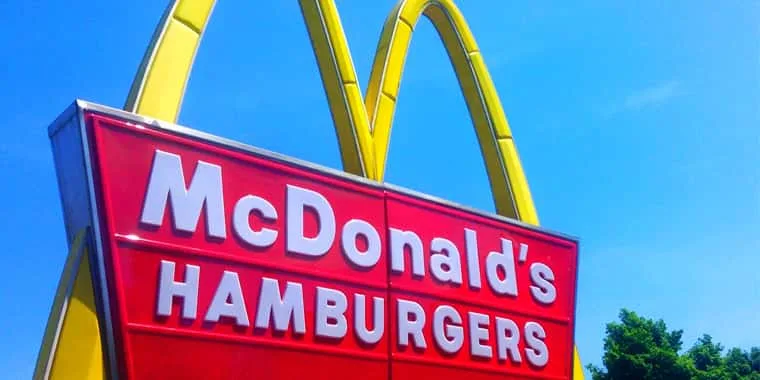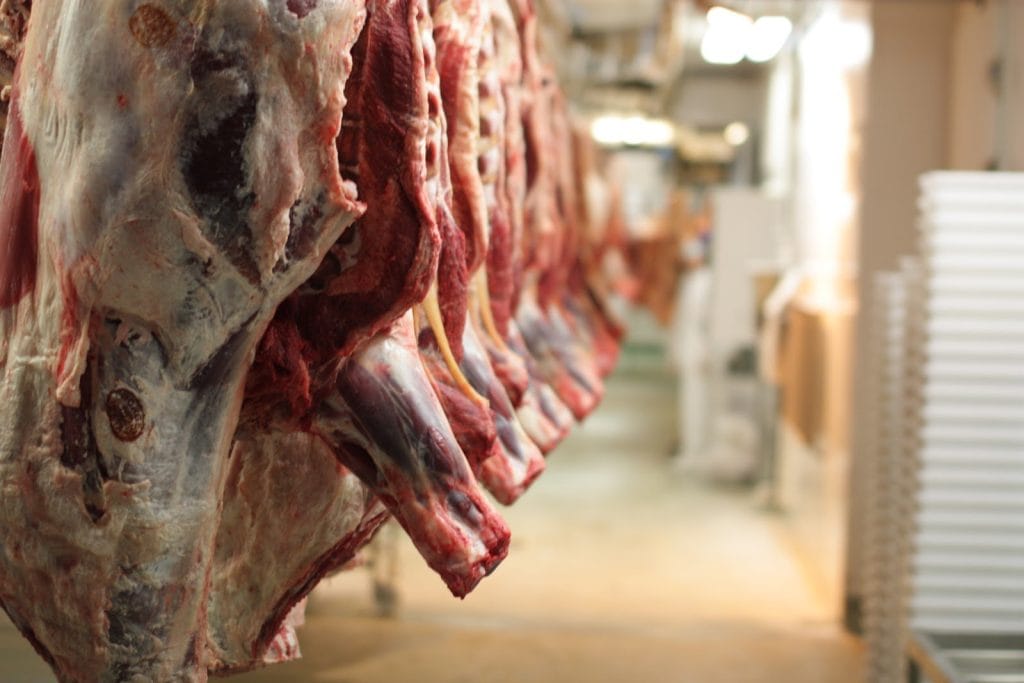Before 2015, prices of cattle and beef predictably moved in tandem. But, beginning in approximately 2015, this fundamental economic relationship between cattle and beef prices changed without any credible, non-collusive explanation.
CHICAGO, IL – McDonald’s alleges Cargill, JBS, Tyson Foods and other companies conspired to fix beef prices by limiting supplies starting in January 2015, in a new lawsuit filed in a federal court in New York.
McDonald’s’ complaint said the companies implemented a conspiracy by “coordinating, manipulating, or agreeing to pay less than competitive prices” for the main or primary input in producing beef, namely, slaughter-ready cattle.
The lawsuit alleges it was done for the purpose of “fixing, increasing, stabilizing or maintaining above competitive levels” on their margins and the price of beef sold to McDonald’s.
“Defendants and their co-conspirators implemented their conspiracy through one or more anticompetitive means,” McDonald’s said in its Oct. 4, 2024, lawsuit filed in the U.S. District Court for the Eastern District of New York.
“Defendants and their co-conspirators implemented their conspiracy by collusively reducing the slaughter-ready cattle and beef supply, which over time artificially elevated the price of beef that they sold to plaintiff and others.”
The food companies already face similar lawsuits from U.S. consumers and cattle producers as part of an ongoing antitrust case playing out in Minnesota.
“More specifically, defendants began to coordinate on the prices they would pay for fed cattle,” the lawsuit said.
“They also coordinated on their respective cattle slaughter volumes. Industry data shows operating defendants’ transition from competition to collusion by managing the price of fed cattle and the industry slaughter volumes.”
The lawsuit includes a graphic showing slaughter volumes of four of the companies “moving in tandem” starting in 2015 and continuing through 2019.
In addition, the lawsuit shows average annual slaughter volumes of independent packers rising to about 4.5 million head annually from 2015 to 2019, compared to about 3.1 million head annually from 2007 to 2014.
This occurred, the lawsuit said, all while four companies named in the complaint saw those annual average slaughter volumes fall compared to the 2007 to 2014 timeframe.
“As a consequence of operating defendants’ reduced supply, the beef market experienced a change of price behavior,” McDonald’s said in its lawsuit.
“Before 2015, prices of cattle and beef predictably moved in tandem. That correlation was the result of a natural economic relationship in a competitive market because beef is simply processed cattle. But, beginning in approximately 2015, this fundamental economic relationship between cattle and beef prices changed. The degree of correlation of cattle and beef prices diverged (to operating defendants’ benefit) without any credible, non-collusive explanation.”
McDonald’s said it has evidence that Tyson, JBS USA/Swift/Packerland, CMS and National Beef conducted daily meetings from 2015 to 2019 “typically from their head offices.”
Those meetings, the lawsuit said, were attended by representatives of the companies’ cattle procurement, plant operations, scheduling and risk management personnel.
“The attendees of these meetings will discuss, among other matters, the number of cattle their fed cattle business will procure, the terms on which they would be bought, plant scheduling (including slaughter volume) across each of their slaughter facilities and beef sales strategy,” the lawsuit said.
“Because the cost of beef production is predominately made up of the cost of fed cattle, defendants’ profitability is driven by the ‘meat margin,’ which is the spread between the price that packers pay for fed cattle and the price they charge for beef. The meat margin is sensitive to changes in industry aggregate slaughter levels, and Tyson Fresh, Swift/Packerland, CMS and National Beef can (and have through collusions) increased it.”




